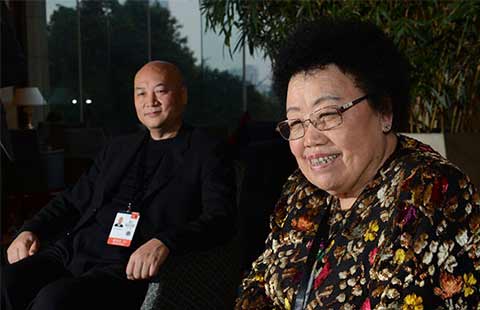E-courts promise online justice for Chinese shoppers
(Xinhua) Updated: 2015-12-12 13:47Follow the clues
Information entered by a plaintiff at yuncourt.com is reviewed by Zhejiang court staff who inform the defendant by text message if they decide there is a case to answer.
Zhang Zheng, a judge at the Hangzhou intermediate court, said the trail of data left by online shopping makes it easy for an e-court to obtain evidence.
"Data such as orders, chat records, logistics information and online loan contracts can be taken from the system," Zhang said.
Just as online shopping is compulsive because it is so easy, e-courts could tempt consumers to pursue legal action simply because they can, inundating vendors with frivolous lawsuits. For this reason, there are plenty of checks and balances in place.
Mediators are involved in all cases. Right up to a ruling being made, plaintiffs can click an "I want to drop the lawsuit" button.
"If people want to change their mind, they can do it anytime," said Zhang. "The ultimate goal is to make online trading fairer, advocate honest dealing and reduce disputes."
E-courts on trial
Legal officials liaising with e-shopping malls is nothing new. Alibaba has auctioned off seized items for thousands of courts. Nevertheless, the system is not without its teething troubles.
"When we started, the text messages or emails sent to defendants were mistaken for spam," said Cheng Wenjuan, a judge with the Yuhang court.
The court has changed the wording to make this communication sound more credible and it has asked online shopping malls to sanction traders who do not respond to summons.
Meanwhile, more mediators are needed. Until e-courts have new personnel, some are limiting themselves to simple small-sum lawsuits, with more complicated cases passed on to a conventional court.
- Discerning drivers know time's right for a smart choice
- Independents look to tap potential of after-sales market
- FAW Group helps subsidiary avoid delisting on exchange
- Sales continue recovery in November
- China could maintain 6.5% growth rate in next five years: Economist
- China Mobile aims to reach 500 million 4G users in 2016
- China takes Internet approach towards economic reform
- China, Tajikistan launch currency swap deal

















